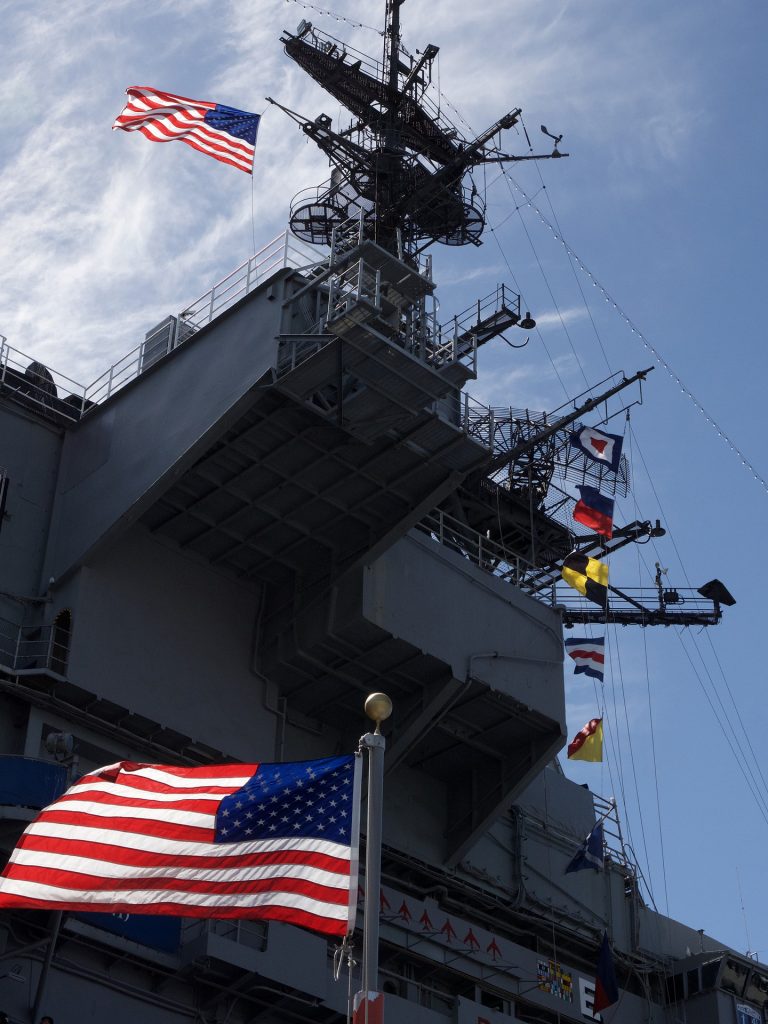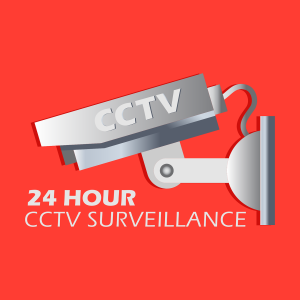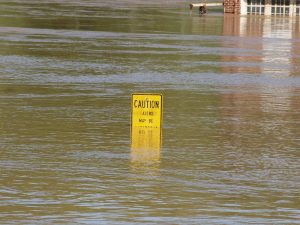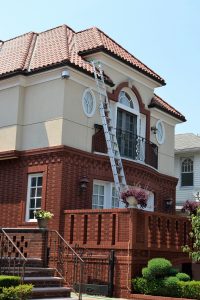With many of us cooped us inside for nearly 14 months due to the pandemic, this Memorial Day weekend promises to be busier than ever with numerous folks hitting the waterways, making them especially crowded. To make sure you stay safe boating, here are eight boating safety tips from the Water Sport Foundation as the 2021 boating season kicks into high gear.
- Be Prepared – Boating safety begins before you launch your boat. Make sure you are confident and comfortable at the helm by successfully completing a boating safety education course. If you have not already done so, enroll in a boating class taught by qualified and certified boating safety instructors, preferably with curriculum that meets approved American National Standard for on-water skills training. Also, make sure you are familiar with the operating instructions of your vessel. Check your equipment prior to departure to ensure everything is in proper working condition. Make sure you are competent to operate a VHF radio, and if possible, an EPIRB or personal locator beacon.
- Do Not Drink and Drive – For the safety of your friends, family, and other boaters – Don’t Drink and Drive! When you mix sun, wind, water, and waves with alcohol, you create a dangerous situation that can lead to disaster. In fact, according to U.S. Coast Guard reports, alcohol use is the leading known contributing factor in fatal boating accidents; where the primary cause was known, it was listed as the leading factor in 23% of deaths.
- Remember, Life Jackets Save Lives…Wear Them – It is a fact: drowning is the cause of death in 79 percent of fatal boating accidents where the cause of death was known; 86 percent of those drowning victims were not wearing life jackets. Make sure your boat is equipped with U.S. Coast Guard approved life jackets for all passengers and that they are sized to fit.
- Don’t Forget to Engage the ECOS – As of April 1, 2021, a federal law was enacted that requires the use of an engine cut off switch (ECOS), an onboard safety device that is connected to the boat’s captain. Whether wired or wireless, make sure your vessel has one.
- Before You Start Your Journey, File a Float Plan – Before departing from dock, file a float plan with friends, family members and/or your marina that indicates the names of everyone aboard with contact information including cell phone numbers; your destination with a planned itinerary and stops along the route; and your estimated return time. Should you fail to return as planned, your information will be readily accessible to facilitate any search activity.
- Keep a Constant Watch on the Weather – Be smart and plan your boating activity according to weather forecasts and conditions. Check weather in advance and continually monitor using available mobile apps. Storms, lightning, changing tides, currents, winds, and other inclement weather conditions can endanger the safety of boaters. When bad weather strikes, find shelter as soon as possible.
- Don’t Overload Your Boat! – Every boat includes a designated maximum capacity rating. Make sure you know it to prevent overloading and potentially capsizing your boat.
- Know the Speed Limits and No Wake Zones – Be aware of established speed limits and no wake zones and respond accordingly. The fastest way to get a ticket and incur fines is to violate these laws, which are established to keep boaters safe.











